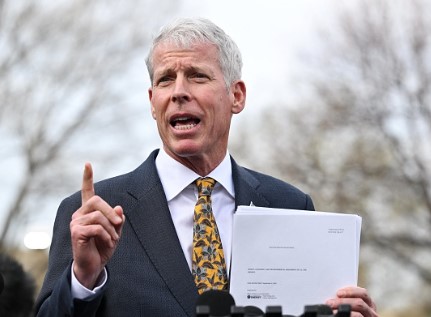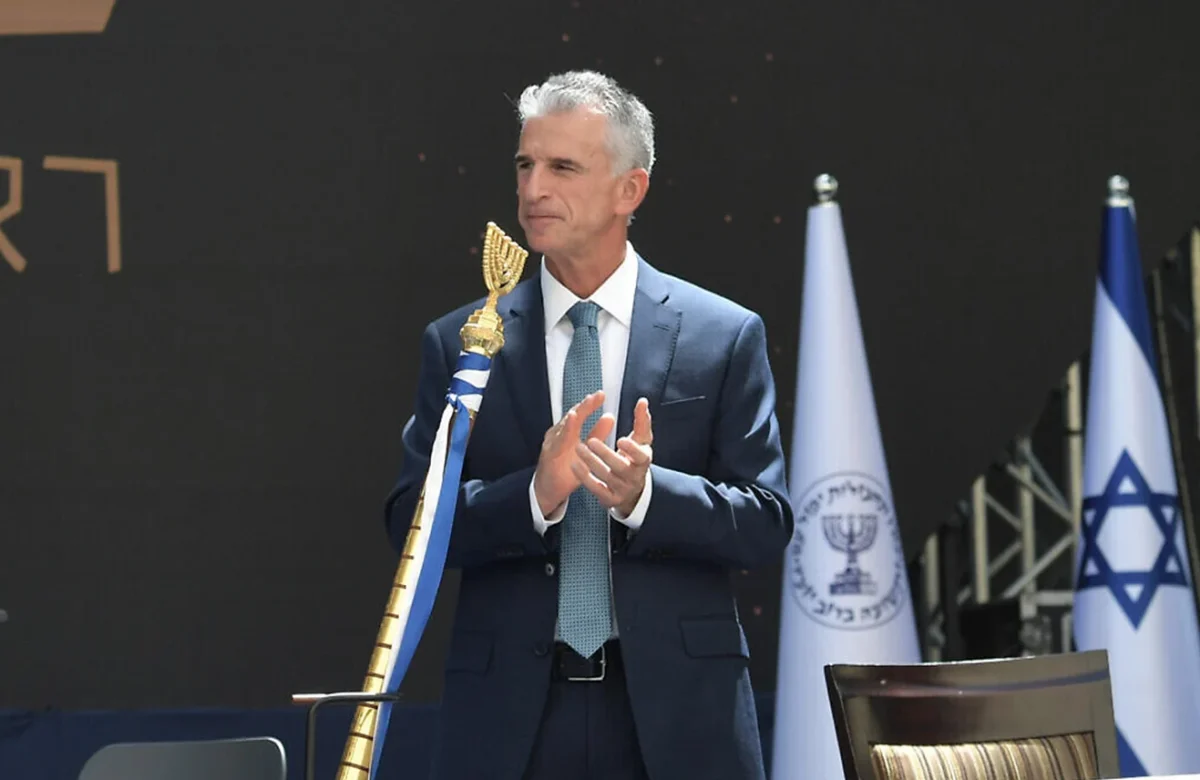
Saudi Arabia and U.S. Move Closer to Civil Nuclear Cooperation Agreement
- World News
- April 13, 2025
- No Comment
Saudi Arabia and U.S. Move Closer to Civil Nuclear Cooperation Agreement
The United States and Saudi Arabia are moving toward signing a preliminary agreement to collaborate on the development of the Kingdom’s civil nuclear energy program, U.S. Energy Secretary Chris Wright confirmed on Sunday during his visit to Riyadh.
Speaking to reporters following a high-level meeting with Saudi Energy Minister Prince Abdulaziz bin Salman, Wright said both nations are on a “pathway” toward reaching a memorandum of understanding (MoU) that would outline the scope and structure of their cooperation in nuclear technology.
“For a U.S. partnership and involvement in nuclear here, there will definitely be a 123 agreement,” Wright stated, referencing the legal framework under the U.S. Atomic Energy Act of 1954 required for civil nuclear partnerships.
Strategic Energy Ties Under Discussion
While the 123 agreement has yet to be finalized, it is a critical step toward enabling American companies and government agencies to participate in Saudi Arabia’s peaceful nuclear energy ambitions. However, Wright acknowledged that Saudi Arabia has not yet agreed to all the non-proliferation conditions required under the agreement, which include restrictions on uranium enrichment and spent fuel reprocessing—processes that can be used to develop nuclear weapons.
These conditions have been a key sticking point in previous negotiations, as Crown Prince Mohammed bin Salman has maintained that if Iran acquires nuclear weapons, the Kingdom would consider developing its own nuclear capabilities.
Vision 2030: Nuclear Energy as a Key Pillar
The move is part of Saudi Arabia’s Vision 2030, a sweeping reform initiative aimed at diversifying the Kingdom’s energy sources, reducing its reliance on oil exports, and cutting carbon emissions. Nuclear power is seen as a potential cornerstone in building a low-emissions energy mix alongside renewable energy investments.
Geopolitical Implications
This potential agreement also carries strategic geopolitical implications, as the Biden administration previously sought a broader pact that included civil nuclear cooperation, defense guarantees, and normalization of ties between Saudi Arabia and Israel. While Wright did not comment on these aspects, his visit highlights a renewed push to strengthen U.S.-Saudi energy and security ties amid growing regional instability.
Arms control experts and some U.S. lawmakers, however, remain cautious. They warn that without strict safeguards, a civil nuclear agreement could escalate nuclear tensions in the Middle East.







